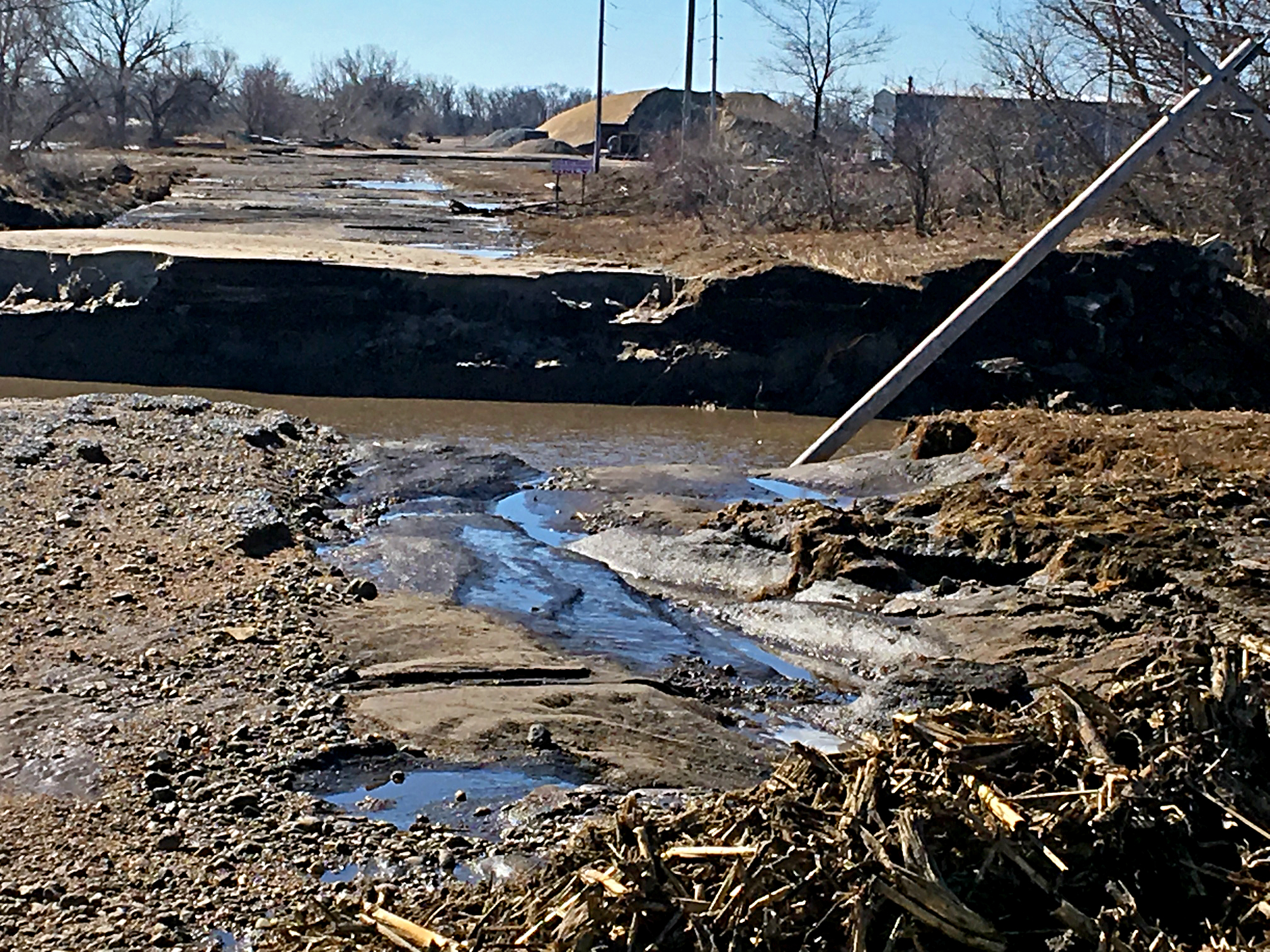TAKE FIVE: Flood Cleanup Safety
By ALLEN MYERS
Safety Director, Lyman-Richey Corporation
Our area has experienced historic flooding this year, and while the cleanup has begun in many places, there are still many dangers to watch out for after the flood waters recede. Some may be obvious - and some not so much.
Stored Energy
As fast-flowing water has moved buildings, equipment and other items around, the difficult task of cleaning up becomes especially dangerous when trying to remove or untangle items. Before attempting to remove debris, closely examine the area to make sure what you are removing does not trigger a release of something else, which could result in an injury.
Unstable ground
Rapidly moving water over a flat surface with elevation changes will create eddies, which in turn will erode or undermine a hard surface be removing he soft sub-surface. This is especially apparent on the downstream side of road. It can also happen next to buildings or areas where underground utilities are located.
Electrical
If anything electrical has been submerged - or you suspect it has been - consider it damaged and not operational. As water recedes, it will leave a film of mud, dirt, and other contaminates. These contaminates can create a tracking path, allowing electricity to jump from one phase to another creating a direct short. Or worse yet, once the power is on, it holds, then when you touch it, you become the path of least resistance, creating an electrical shock.
Infections
As the dirty job of cleaning everything up starts, there is always the chance that you may receive a puncture wound or laceration. While it might seem like any other small cut you have received in the past, this one may have a much bigger potential for harm. Due to septic system failures, breaches of city sewer facilities, and dead animals in the water, there is a high likelihood of an infection if you are injured while cleaning up after a flood. Always wear rubber boots with sole protection to prevent any injury you might get from stepping on something. The rubber boot also prevents the water soaking your feet, which could lead to a blister and a source of infection. Wear water proof gloves for the same reasons. Finally, always have a change of clothes and towels handy with a gallon or so of fresh water.


